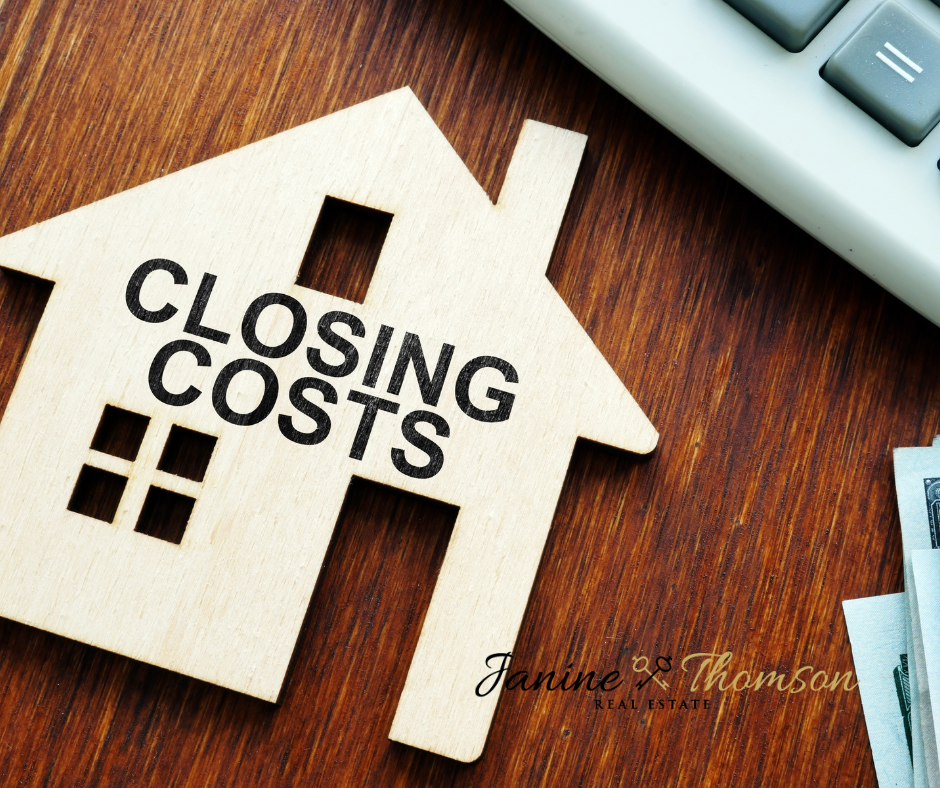

Buying a home in Victoria, BC, is an exciting process, but beyond the sale price, buyers need to prepare for additional expenses known as
closing costs. These costs cover various fees and charges associated with finalizing the purchase, and understanding them can make your buying process much smoother. Let’s break down the major closing costs you can expect as a homebuyer in Victoria.
closing costs. These costs cover various fees and charges associated with finalizing the purchase, and understanding them can make your buying process much smoother. Let’s break down the major closing costs you can expect as a homebuyer in Victoria.
1. Property Transfer Tax (PTT)
The Property Transfer Tax is one of the largest closing costs in British Columbia. It’s calculated as a percentage of the property’s fair market value at the time of purchase:- 1% on the first $200,000
- 2% on the portion between $200,000 and $2,000,000
- 3% on the portion above $2,000,000
2. Legal Fees and Disbursements
Hiring a real estate lawyer or notary to handle the closing process is crucial. They will:- Review contracts, register the property transfer, and manage funds.
- Ensure that any outstanding mortgages on the property are paid off.
- Prepare and file the Statement of Adjustments, which shows who owes what in the transaction.
3. Title Insurance
Title insurance protects you from unforeseen issues related to your property title. This includes fraud, undisclosed heirs, or zoning non-compliance issues. While optional, title insurance is often recommended, costing around $250 to $400 in BC. It provides peace of mind and financial protection for as long as you own the property.4. Home Inspection Fee
Although optional, a home inspection is strongly recommended, as it assesses the property’s condition and identifies potential issues before closing. Hiring a certified home inspector in Victoria typically costs between $400 and $600, depending on the property’s size and complexity. An inspection can save you from unexpected repair costs and give you more bargaining power if repairs are needed before closing.5. Appraisal Fee
If you’re financing your home purchase, your lender may require an appraisal to confirm the home’s market value. This ensures that the loan amount aligns with the property’s worth. Appraisal fees generally range from $300 to $500 in Victoria. While lenders sometimes cover this fee, it’s often the buyer’s responsibility, especially for higher-value properties.6. Mortgage Insurance and Application Fees
If your down payment is less than 20%, you’ll need mortgage insurance through Canada Mortgage and Housing Corporation (CMHC), Genworth, or Canada Guaranty. This protects the lender against default. Mortgage insurance premiums range from 2.8% to 4.0% of the loan amount, depending on your down payment.Additionally, lenders may charge a mortgage application fee or processing fee, typically between $100 and $400. While this is sometimes waived, it’s worth clarifying with your lender before signing.7. Property Tax Adjustments
Depending on when you close, you may need to reimburse the seller for prepaid property taxes covering the remainder of the year. Alternatively, if the seller owes unpaid taxes, it could reduce your final payment. Your lawyer will detail these adjustments in the Statement of Adjustments to ensure that both parties pay their share accurately.8. GST on New Homes
For newly built homes, the federal government applies a 5% Goods and Services Tax (GST) on the sale price. While there is a partial rebate for homes priced under $450,000, many properties in Victoria exceed this limit, so budgeting for the GST is crucial. For example, if you’re purchasing a new home at $800,000, expect to pay an additional $40,000 in GST.9. Moving Costs
Although not a formal closing cost, planning for moving expenses is essential for budgeting. This can include hiring movers, renting a truck, or purchasing packing materials, typically ranging from a few hundred to a few thousand dollars depending on the distance and amount of belongings.10. Insurance Costs
Before finalizing your purchase, you’ll need home insurance to protect against damages or liabilities. Your lender may require proof of insurance before funding the mortgage. While prices vary based on the property and coverage, expect to pay between $700 and $1,200 annually in BC.11. Adjustment Costs
Finally, other adjustment costs may arise, such as utility adjustments (water, gas, electricity) for services billed on an annual basis. Your lawyer or notary will detail any outstanding balances or reimbursements needed for these services in the closing documents.Preparing for Closing Day
Closing costs in Victoria generally add up to 1.5% to 4% of the property’s purchase price, depending on factors like down payment, mortgage insurance, and other fees.Disclaimer:
The information provided in this blog is for general informational purposes only. It is not intended to serve as legal, financial, or professional advice. The content should not be relied upon as a substitute for seeking appropriate legal, financial, or real estate guidance. Readers are encouraged to consult with qualified professionals before making any decisions based on the information provided in these posts, including those accessed through hyperlinks.
The information provided in this blog is for general informational purposes only. It is not intended to serve as legal, financial, or professional advice. The content should not be relied upon as a substitute for seeking appropriate legal, financial, or real estate guidance. Readers are encouraged to consult with qualified professionals before making any decisions based on the information provided in these posts, including those accessed through hyperlinks.